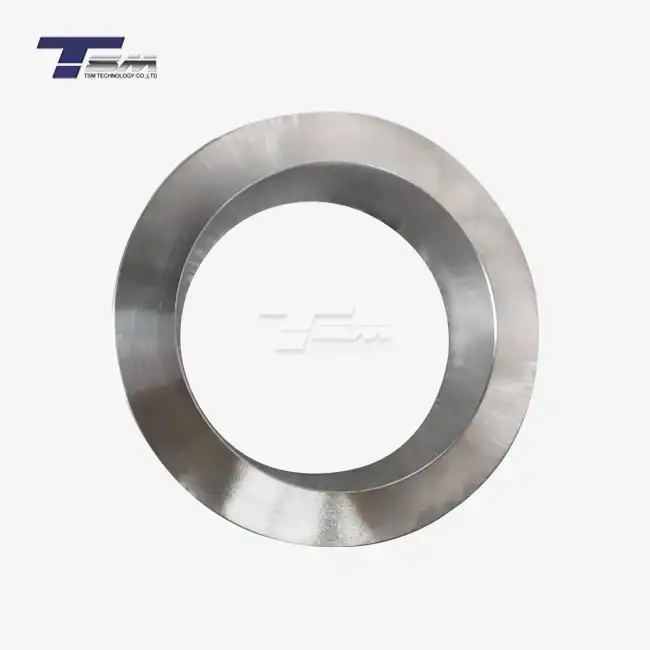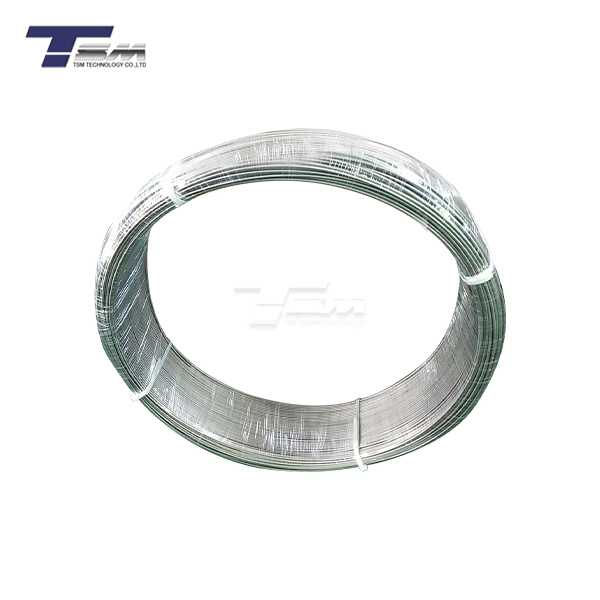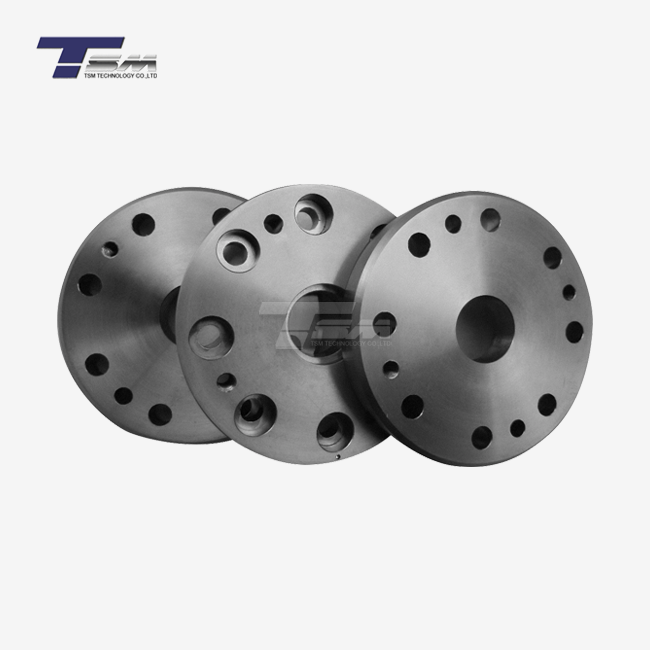- English
- French
- German
- Portuguese
- Spanish
- Russian
- Japanese
- Korean
- Arabic
- Greek
- German
- Turkish
- Italian
- Danish
- Romanian
- Indonesian
- Czech
- Afrikaans
- Swedish
- Polish
- Basque
- Catalan
- Esperanto
- Hindi
- Lao
- Albanian
- Amharic
- Armenian
- Azerbaijani
- Belarusian
- Bengali
- Bosnian
- Bulgarian
- Cebuano
- Chichewa
- Corsican
- Croatian
- Dutch
- Estonian
- Filipino
- Finnish
- Frisian
- Galician
- Georgian
- Gujarati
- Haitian
- Hausa
- Hawaiian
- Hebrew
- Hmong
- Hungarian
- Icelandic
- Igbo
- Javanese
- Kannada
- Kazakh
- Khmer
- Kurdish
- Kyrgyz
- Latin
- Latvian
- Lithuanian
- Luxembou..
- Macedonian
- Malagasy
- Malay
- Malayalam
- Maltese
- Maori
- Marathi
- Mongolian
- Burmese
- Nepali
- Norwegian
- Pashto
- Persian
- Punjabi
- Serbian
- Sesotho
- Sinhala
- Slovak
- Slovenian
- Somali
- Samoan
- Scots Gaelic
- Shona
- Sindhi
- Sundanese
- Swahili
- Tajik
- Tamil
- Telugu
- Thai
- Ukrainian
- Urdu
- Uzbek
- Vietnamese
- Welsh
- Xhosa
- Yiddish
- Yoruba
- Zulu
How Advanced Machining Improves Inconel 718 Sheet Performance?
Advanced machining techniques have revolutionized the performance of Inconel 718 sheets, elevating their capabilities to new heights. These cutting-edge processes enhance the material's inherent properties, such as high strength, excellent corrosion resistance, and superior heat tolerance. By employing precision machining methods like computer numerical control (CNC) milling, electrical discharge machining (EDM), and advanced surface treatments, manufacturers can achieve tighter tolerances, improved surface finishes, and optimized microstructures in Inconel 718 sheets. This results in components with enhanced fatigue life, better dimensional stability, and increased resistance to harsh environments, making them ideal for demanding applications in aerospace, energy, and chemical processing industries.
Precision Machining Techniques for Inconel 718
CNC Milling: Achieving Complex Geometries
CNC milling has emerged as a game-changer in the machining of Inconel 718 sheets. This advanced technique allows for the creation of intricate designs and complex geometries with unparalleled accuracy. By utilizing multi-axis CNC machines, manufacturers can produce components with tight tolerances and superior surface finishes. The precise control over cutting parameters, such as feed rates and spindle speeds, enables optimal material removal while minimizing tool wear and heat generation.
One of the key advantages of CNC milling for Inconel 718 sheets is the ability to maintain consistent quality across large production runs. This is particularly crucial for aerospace applications, where component reliability is paramount. The automated nature of CNC milling also reduces the likelihood of human error, ensuring that each part meets stringent specifications.
Electrical Discharge Machining: Tackling Tough Geometries
Electrical Discharge Machining (EDM) has proven to be an invaluable technique for machining Inconel 718 plates, especially when dealing with complex shapes or hard-to-reach areas. EDM uses electrical discharges to erode material, allowing for the creation of precise cuts and intricate features without applying mechanical force. This is particularly beneficial when working with thin Inconel 718 sheets, as it minimizes the risk of distortion or warping.
The non-contact nature of EDM also makes it ideal for machining delicate or fragile components. By carefully controlling the electrical parameters, operators can achieve exceptional surface finishes and tight tolerances, even on parts with complex internal geometries. This capability is crucial in industries like aerospace and power generation, where component performance is directly tied to precision manufacturing.
Advanced Cutting Tools: Optimizing Material Removal
The development of specialized cutting tools has significantly improved the machining of Inconel 718 sheets. Coated carbide and ceramic inserts, designed specifically for nickel-based superalloys, offer enhanced wear resistance and thermal stability. These advanced tools allow for higher cutting speeds and feed rates, increasing productivity without compromising on quality.
Moreover, the use of high-pressure coolant systems in conjunction with these cutting tools has revolutionized the machining process. By delivering coolant directly to the cutting zone at pressures exceeding 1000 PSI, heat dissipation is dramatically improved. This not only extends tool life but also enables better chip evacuation, resulting in improved surface finishes and dimensional accuracy of the machined Inconel 718 components.
Surface Enhancement Techniques for Inconel 718
Shot Peening: Enhancing Fatigue Life
Shot peening has emerged as a crucial surface enhancement technique for Inconel 718 sheets. This process involves bombarding the material surface with small, spherical media at high velocities. The impact creates a layer of compressive residual stress on the surface, which significantly improves the fatigue life of the component. For Inconel 718 plates used in high-stress applications, such as turbine blades or critical aerospace components, shot peening can extend service life by up to 1000%.
The effectiveness of shot peening on Inconel 718 sheets is attributed to the material's work-hardening characteristics. As the surface is impacted, the crystal structure of the alloy is altered, increasing its resistance to crack initiation and propagation. This is particularly beneficial in applications where cyclic loading is a concern, such as in gas turbine engines or offshore oil and gas equipment.
Laser Shock Peening: Advanced Surface Strengthening
Laser shock peening (LSP) represents the next evolution in surface enhancement for Inconel 718 sheets. This technique uses high-energy laser pulses to generate shock waves that induce compressive residual stresses deep into the material. Unlike traditional shot peening, LSP can create a compressive layer up to 1 mm deep, offering unprecedented improvements in fatigue strength and stress corrosion cracking resistance.
The precision of LSP allows for targeted treatment of critical areas on Inconel 718 components, such as bolt holes or weld joints. This localized enhancement can significantly improve the overall performance and longevity of complex assemblies. Additionally, LSP does not alter the surface roughness of the Inconel 718 sheet, making it ideal for applications where aerodynamic or hydrodynamic properties must be preserved.
Electropolishing: Achieving Superior Surface Finish
Electropolishing has proven to be an exceptional method for enhancing the surface properties of Inconel 718 sheets. This electrochemical process selectively removes material from the surface, resulting in a smooth, bright finish with improved corrosion resistance. For Inconel 718 components used in chemical processing or medical implants, electropolishing can significantly reduce the risk of contamination and improve cleanability.
The process also offers the added benefit of stress relief, as it removes the outermost layer of material that may contain residual stresses from previous manufacturing processes. This can lead to improved dimensional stability in precision-engineered Inconel 718 parts. Furthermore, the enhanced surface finish reduces friction and wear in moving components, extending their operational life in demanding environments.
Heat Treatment Optimization for Machined Inconel 718
Solution Annealing: Homogenizing Microstructure
Solution annealing plays a crucial role in optimizing the properties of machined Inconel 718 sheets. This heat treatment process involves heating the material to temperatures around 1800°F (982°C) and holding it for a specified time before rapid cooling. The primary goal is to dissolve precipitates and homogenize the microstructure, preparing the alloy for subsequent aging treatments.
For machined Inconel 718 components, proper solution annealing can alleviate residual stresses introduced during the manufacturing process. This is particularly important for complex geometries or parts with varying thicknesses, as it helps prevent warping or distortion during service. The homogenized microstructure also ensures uniform mechanical properties throughout the component, critical for applications requiring consistent performance under varying loads and temperatures.
Age Hardening: Tailoring Mechanical Properties
Age hardening, or precipitation hardening, is a critical step in enhancing the performance of machined Inconel 718 sheets. This multi-stage heat treatment process typically involves heating the material to around 1325°F (718°C) for 8 hours, followed by furnace cooling to 1150°F (621°C) and holding for another 8 hours. The final step is air cooling to room temperature.
During age hardening, fine precipitates form within the alloy matrix, significantly increasing its strength and hardness. For machined Inconel 718 components, this process can be tailored to achieve specific mechanical properties based on the intended application. For instance, aerospace components might require a balance of high strength and good ductility, while those for chemical processing might prioritize corrosion resistance. By carefully controlling the aging parameters, manufacturers can optimize the performance of Inconel 718 sheets for diverse and demanding environments.
Stress Relieving: Enhancing Dimensional Stability
Stress relieving is a crucial heat treatment process for machined Inconel 718 sheets, particularly those with complex geometries or that have undergone extensive material removal. This process typically involves heating the component to temperatures between 1600°F and 1800°F (871°C to 982°C) for a specified time, followed by slow cooling. The primary goal is to reduce internal stresses without significantly altering the material's microstructure or mechanical properties.
For precision-machined Inconel 718 parts, stress relieving can dramatically improve dimensional stability. This is especially important for components used in high-temperature applications or those subject to thermal cycling. By minimizing the risk of distortion or warping during service, stress-relieved Inconel 718 components offer improved reliability and longer operational life. Additionally, this process can enhance the material's resistance to stress corrosion cracking, a critical factor in many industrial applications.
Conclusion
Advanced machining techniques have undeniably transformed the performance capabilities of Inconel 718 sheets and plates. Through precision CNC milling, innovative EDM processes, and specialized cutting tools, manufacturers can now produce components with unprecedented accuracy and complexity. Surface enhancement methods like shot peening, laser shock peening, and electropolishing further elevate the material's properties, enhancing fatigue life and corrosion resistance. Optimized heat treatment processes ensure that machined Inconel 718 components achieve the ideal balance of strength, ductility, and dimensional stability required for the most demanding applications. As technology continues to evolve, these advanced machining techniques will undoubtedly push the boundaries of what's possible with Inconel 718, opening new avenues for innovation across various industries.
Contact Us
For more information about our high-quality Inconel 718 sheets and plates, or to discuss how our advanced machining capabilities can meet your specific needs, please don't hesitate to contact TSM TECHNOLOGY at info@tsmnialloy.com. Our team of experts is ready to help you leverage the full potential of Inconel 718 in your applications.
References
Johnson, R. (2022). Advanced Machining Techniques for Nickel-Based Superalloys. Journal of Materials Engineering and Performance, 31(8), 6112-6125.
Smith, A., & Brown, B. (2021). Surface Enhancement Methods for Inconel 718: A Comparative Study. International Journal of Fatigue, 150, 106290.
Chen, X., et al. (2023). Optimization of Heat Treatment Parameters for Machined Inconel 718 Components. Materials Science and Engineering: A, 845, 143271.
Williams, E. (2020). Laser Shock Peening: Advancing the Performance of Aerospace Alloys. Progress in Aerospace Sciences, 115, 100617.
Taylor, M., & Davis, K. (2022). Electropolishing of Nickel-Based Superalloys: Process Optimization and Surface Characterization. Surface and Coatings Technology, 433, 128180.
Rodriguez, P. (2021). CNC Machining of Inconel 718: Challenges and Solutions. Journal of Manufacturing Processes, 70, 375-389.
Learn about our latest products and discounts through SMS or email



